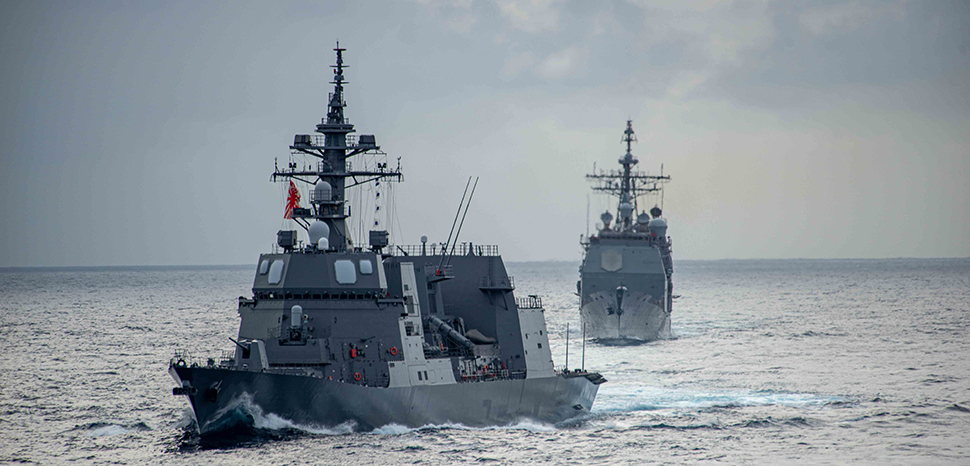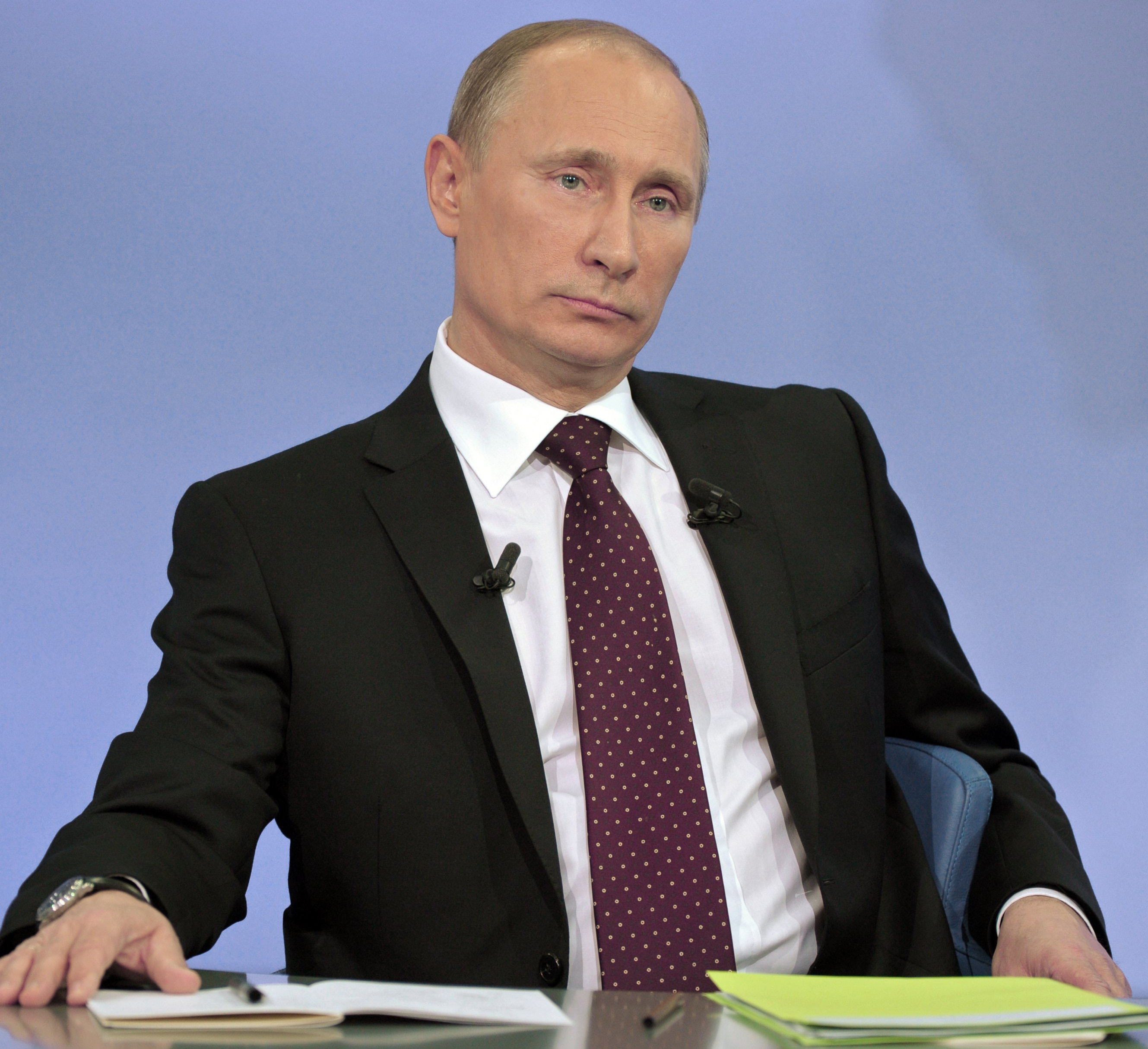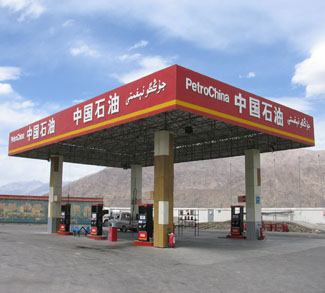Amid China’s heavy investments in Cambodia, made evident by the vast sums of public and private cash flooding both the capital city of Phnom Penh and port cities like Sihanoukville, two Japanese Maritime Self-Defense Force (MSDF) destroyers, the Suzunami and Shimakaze, each with a crew complement of about 200 sailors, made a stop at the Sihanoukville port. Currently, major upgrades to the nearby Ream Naval Base are underway, again with significant support from China.
The purpose of the Japanese port call was to assert a presence in Southeast Asia as Japan seeks to reinforce its consent of a “free and open” Indo-Pacific, despite growing militarization and diplomatic engagements by China over the past twenty years, which have seen significant growth in both connectedness to Beijing through its expansive Belt and Road Initiative (BRI) and, in the worst possible cases, economic dependence on China, as evidenced by Laos (though recent data has been challenging this view).
It is Japan’s security vulnerabilities that drive its security diplomacy and foreign policy in Cambodia in recent years. In 2022, Japanese Prime Minister Fumio Kishida met with Hun Manet, who at the time was the heir apparent to his father Hun Sen, aiming to boost bilateral security cooperation. To make these inroads in Cambodia, Japan has depended on a long track record of productive diplomacy: the visit itself took place on the 30th anniversary of an SDF dispatch to Cambodia under the United Nations Transitional Authority in Cambodia (UNTAC), a peacekeeping mission in the early 1990s. It was also well-timed with Cambodia’s ascension to chair of ASEAN that year and the launching of a larger plan to enlist the support of ASEAN countries in maintaining the existing post-war international order.
While all of this seems promising and the docking of two MSDF destroyers is a public diplomacy bonanza for Japan in terms of optics, how much security cooperation can there be with China so firmly entrenched in Cambodia? It was not that much earlier that newly-minted Prime Minister Hun Manet, as reported in the Phnom Penh Post, an English-language daily newspaper that has recently fallen under the control of Hun family allies, also endorsed the expansion of Cambodia-China military cooperation, which is far more expansive, and encompasses Military Operations Other Than War (MOOTW) objectives such as mine clearance and capacity building.
A November 2023 meeting with Chinese People’s Liberation Army (PLA) General Li Qiaoming, commander of the Chinese People’s Liberation Army (PLA) was high profile, marking the PLA general’s first visit to Cambodia and gave Hun Manet a heavy dose of legitimacy, with Li highlighting the “2,000-year old historical relationship” between the two countries, a theme that was also used by Japan in Kishida’s meeting with Hun Manet in 2022. And, like Kishida’s push to boost security cooperation with the incoming Hun Manet regime, Chinese military diplomacy was a reaffirmation that it needed to keep Cambodia close, adjusting to geopolitical shifts in Southeast Asia as some ASEAN partners moved closer to the United States. It is also important to remember that it was Cambodia that put to bed any notion of a geopolitical shift in ASEAN, dismissing the possibility of joint military exercises in the South China Sea in 2023, though it may have enraged the Chinese.
Worse for Japan is that Hun Manet (nor his father) has given Kishida any real assurances that the naval base currently under construction will not include hosting naval vessels from the PLN at Ream Naval Base, aside from noting Cambodia’s constitutional ban on foreign military bases and a strong rebuke of the West, whom Hun Sen at the time blamed for the need for the 1993 constitutional correction, noting that, “[I] do not need foreigners to fight in Cambodian territory like in the past, nor does Cambodia allow her to be a place for ideology or weapon experiment.”
In this new era, where Hun Manet has equally sought Western attention and renewed commitment from Beijing, it is not too far of a stretch of the imagination, that in the Cambodian National Assembly, where the Hun-dominated Cambodian People’s Party (CPP) controls all 120 legislative seats, an amendment could be produced without much political risk, if need be.
Where does this leave Japan? Unfortunately, it means that security cooperation is rather limited. At a December 2023 meeting of Foreign Ministers, Yoko Kamikawa and her Cambodian counterpart, Sok Chenda Sophea, discussed mutually-beneficial avenues of security cooperation, such as digital and cybersecurity, but nowhere near the robust military cooperation and influence that China enjoys. Promises to send MSDF vessels to the Ream Naval Base in the future are again more optics rather than a geopolitical shift in alignment. Consequently, Japan’s long game of diplomatic engagement and its seemingly infinite patience must continue until the opportunity presents itself.
The views expressed in this article belong to the authors alone and do not necessarily reflect those of Geopoliticalmonitor.com.




